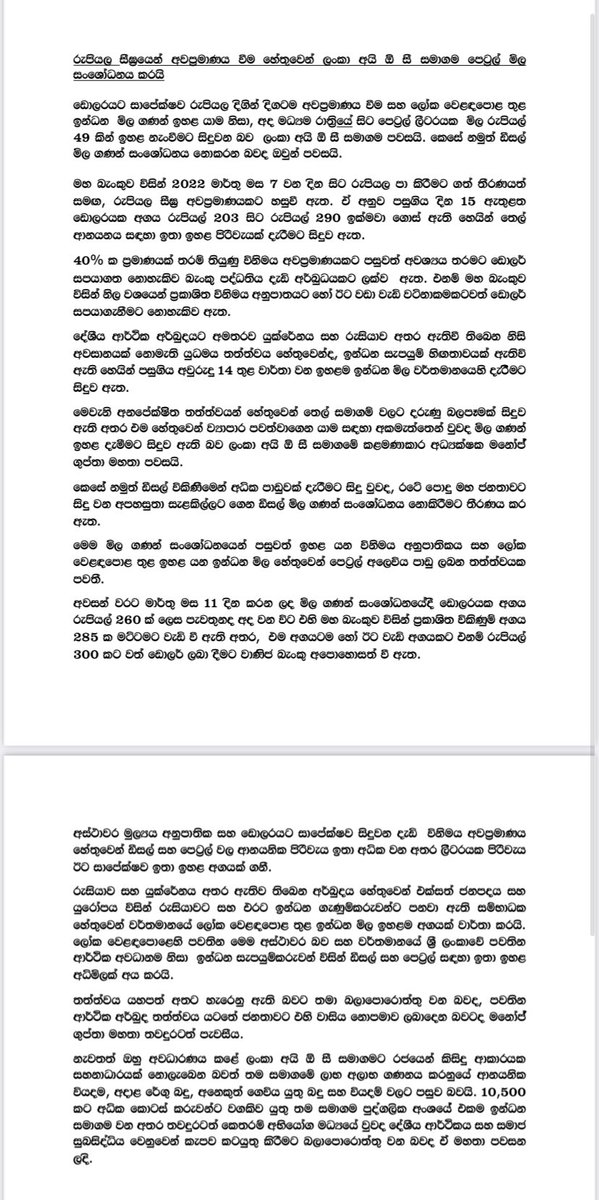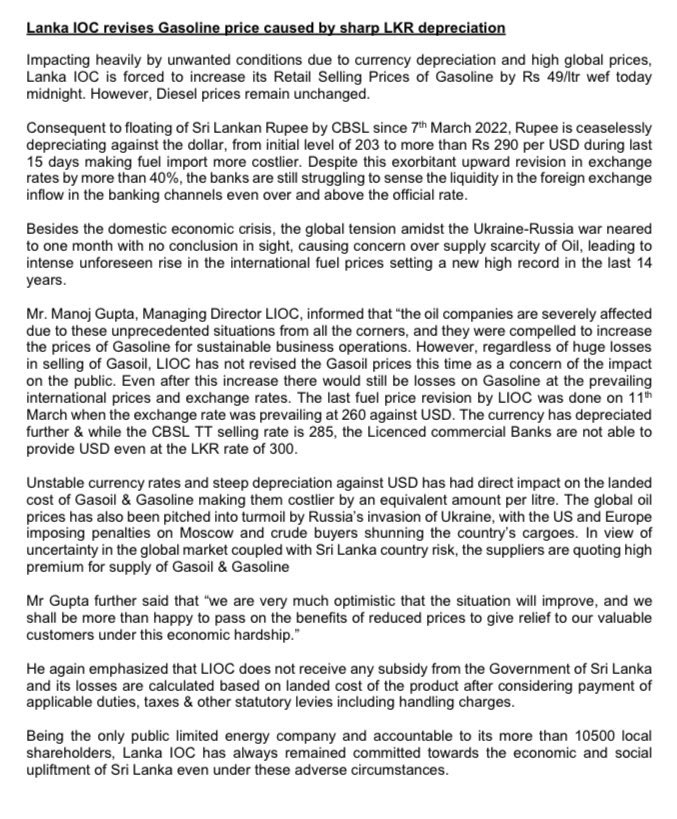
Herewith the main IMF recommendations with my translations.
Recommendations. To restore macroeconomic stability and debt sustainability, implementing a credible and coherent strategy covering both the near and medium term is needed.
Recommendations. To restore macroeconomic stability and debt sustainability, implementing a credible and coherent strategy covering both the near and medium term is needed.
Staff recommends a comprehensive set of policies with specific measures:
•Substantial revenue-based fiscal consolidation. Reforms should focus on strengthening VAT and income taxes, through rate increases and base broadening measures.
•Substantial revenue-based fiscal consolidation. Reforms should focus on strengthening VAT and income taxes, through rate increases and base broadening measures.
Fiscal adjustment should be accompanied by energy pricing reforms to reduce fiscal risks from lossmaking public enterprises. Institution building reforms, such as revamping the fiscal rule, would help ensure the credibility of the strategy.
(translation: Increase income tax, VAT, increase electricity tariffs, fuel prices, divest loss making SOE’s like SriLankan, CPC, CEB)
• Developing a comprehensive strategy to restore debt sustainability. (Translation: delay repayments, haircuts for bond holders)
• Developing a comprehensive strategy to restore debt sustainability. (Translation: delay repayments, haircuts for bond holders)
• Near-term monetary policy tightening to ensure that the recent breach of the inflation target band is only temporary. Recent welcome steps to gradually unwind the CBSL’s large treasury bill holdings should continue through close coordination with the Ministry of Finance.
(Translation: stop printing money)
• Gradually restoring a market-determined and flexible exchange rate. To avoid disorderly movements in the exchange rate, the transition should be carefully sequenced and implemented as part of a comprehensive macroeconomic adjustment package.
• Gradually restoring a market-determined and flexible exchange rate. To avoid disorderly movements in the exchange rate, the transition should be carefully sequenced and implemented as part of a comprehensive macroeconomic adjustment package.
(Translation: Allow a credible free float of the currency, allow the rupee to depreciate)
• Social safety nets should be strengthened, by increasing spending, widening coverage, and improving targeting, to mitigate the adverse impacts of macroeconomic adjustment on vulnerable
• Social safety nets should be strengthened, by increasing spending, widening coverage, and improving targeting, to mitigate the adverse impacts of macroeconomic adjustment on vulnerable
groups. (Translation: Stop the current “Samurdhi” welfare scheme and work out a better system of ensuring only the most needy get help)
• • •
Missing some Tweet in this thread? You can try to
force a refresh





